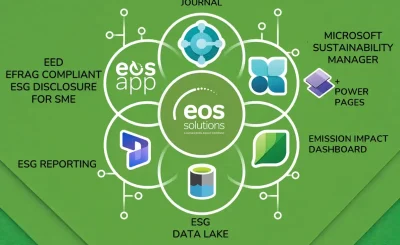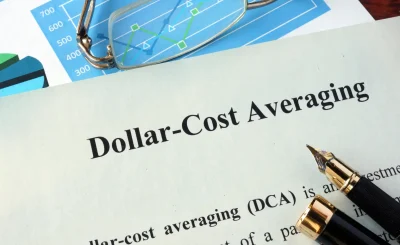Learning financial literacy gives someone the power to make savvy choices: with savings, what job to take, credit-card debt or investing cash, assessing loans or credit cards, understanding the risks of going into debt or how best to avoid too much debt.
But perhaps most importantly, we need to introduce these concepts early on, because kids will use what they learn to make smarter spending and saving decisions when they are a little older, and take control of their own financial responsibility when they are grown and leave home.
It’s a skill
Lifelong learning is important for students to acquire and build their financial literacy skills over duration of their life. Financial literacy is basic right for people to know how to spend money for the daily lives. It helps them to make good decisions about their personal finances and move forwards towards success and stability. Additionally, it will affect directly to our community and indirectly to the world economy in general.
Low levels of financial literacy can also lead to poorer decisions regarding spending and the accumulation of unsustainable debt burdens and might also play a role in low levels of savings, both as a society and individually. Also the safety net for unforeseen emergencies and/or retirement can be quite costly.
Fundamental financial education for children can have lasting benefits. The practice of saving through piggy banks or learning about compound interest through games or apps can help them emerge as kids who will feel comfortable having money conversations with their parents which they will ultimately learn how to save for the cost for college education and to use savings instruments such as retirement accounts and investment portfolios.
It’s a life skill
After transitioning into independent adults, people do not simply stop learning new things; rather, they tend to acquire more complicated skills. One additional life skill that people need to learn involves money management, Like, how to budget and save, education about debt or credit deals, and ultimately learning where and how to invest your earnings. All these skills are crucial for adulthood.
Saving for the future, paying off debt so as not to incur interest charges, and investing wisely to build wealth are all characteristics of individuals with a high level of financial literacy.
School-age children can be taught the basics of money math, the concept of saving with piggy banks, and more. Ideas about money need to be presented at school as many children will not only learn by studying but also by discussing with others. Additional extras such as bringing in guest speakers to class, personal finance tools (such as worksheets) for teachers and students, role-playing and visiting locations (for example, to a cookery shop to see money in action) will all benefit the learning experience. Opportunities to learn about money and personal finance need to be provided in order for children to achieve financial stability throughout their lives.
It’s a career skill
There is no doubt why financial literacy is a key life skill with benefits to all. From planning for emergencies to investing, a person with strong financial literacy skills is generally able to make good use of their money and avoid the nagging dangers of expensive mistakes that threaten to undermine an otherwise prosperous future.
Financial education can also help them avoid getting into debt and financial crisis, for example, by learning how credit card interest charges work, and making better spending decisions – which can ease anxiety and bring serenity.
Through online courses, personal finance tools and other products and personal financial literacy programs from schools and universities , financial literacy can be achieved. Whether it is learning new habits or new concepts, starting early and continuing your self-guided education in financial literacy will surely put you ahead as it helps to build skills in decision-making, negotiation, and leadership.
It’s a social skill
Financial literacy helps people understand the risks of borrowing money at high interest rates or getting caught in a debt spiral. It will also help to know more about what kind of investment and retirement plans they should choose. Financial literacy helps people take responsibility for their financial future, making it easier to meet whatever financial goals they set.
Financial illiteracy could lead to expensive mistakes, such as negligence in setting up an emergency savings fund and missing out on investment opportunities. It could leave the customers open to a host of prevalent fraudulent practices such as chit funds and pyramid schemes. It also puts one in a financially vulnerable position if one finds themselves facing a situation such as job loss or medical emergency.
By talking about money issues frequently, and encouraging kids to run their own commercial ventures , whether they are a home-based lemonade stand operator or hold part-time jobs at a supermarket or fast-food restaurant , children can learn much more about the financial side of life, which will serve them well in their later, adult years.










